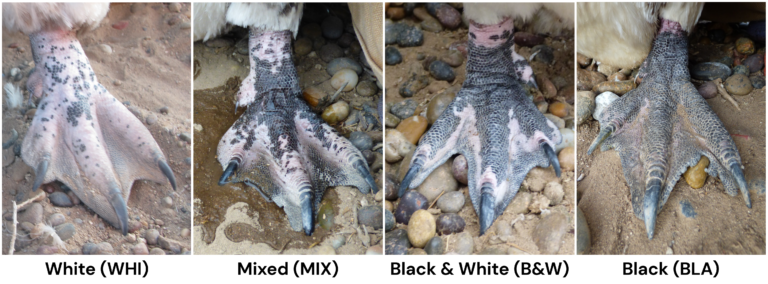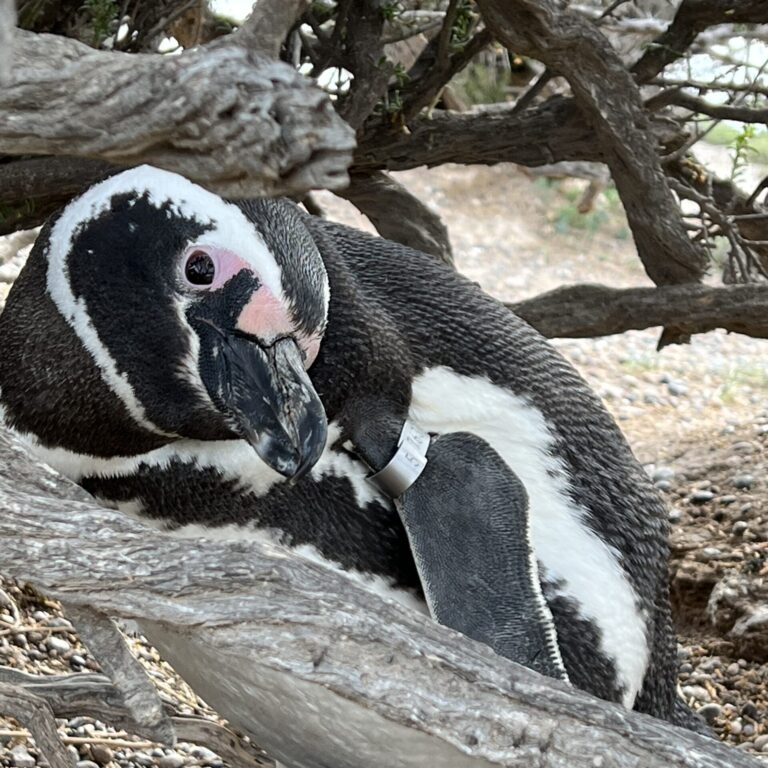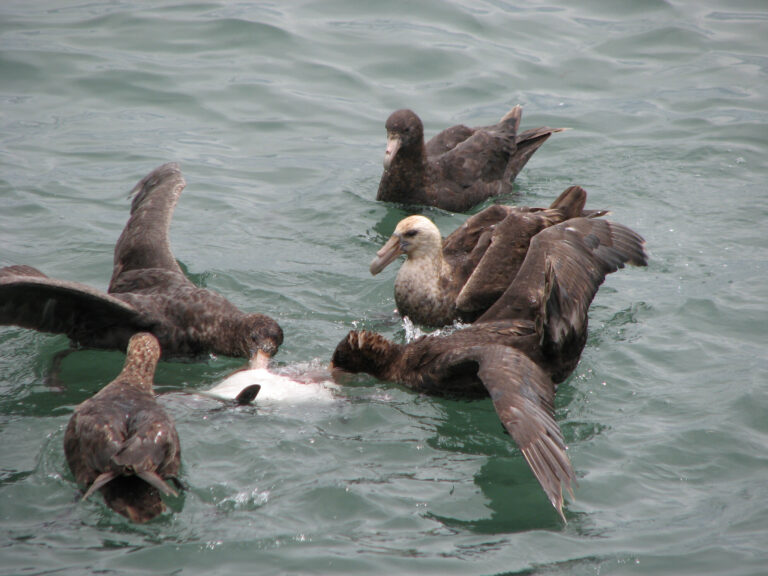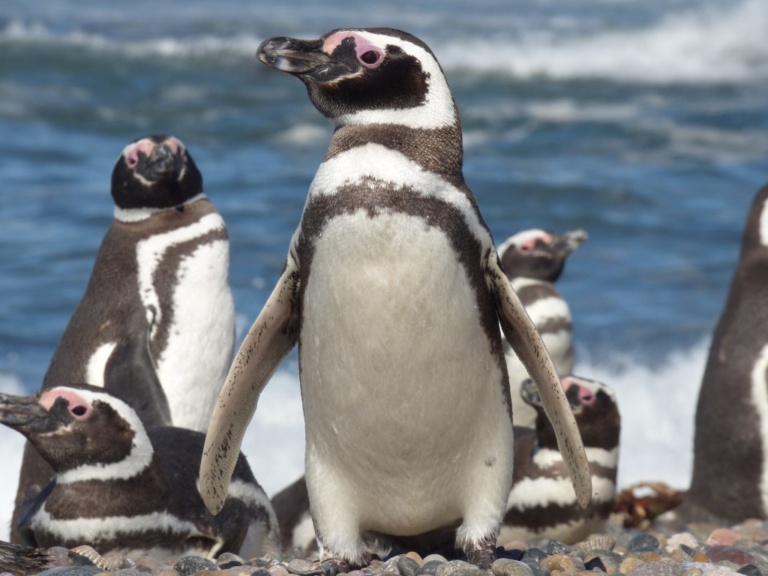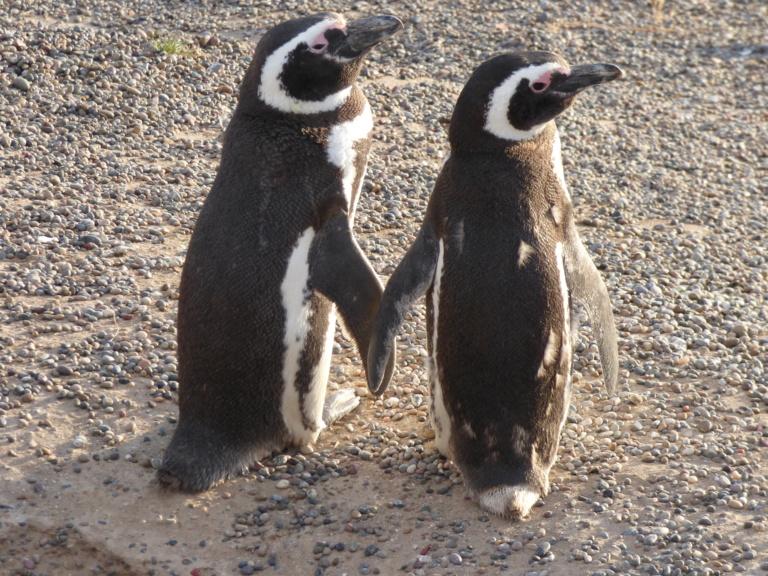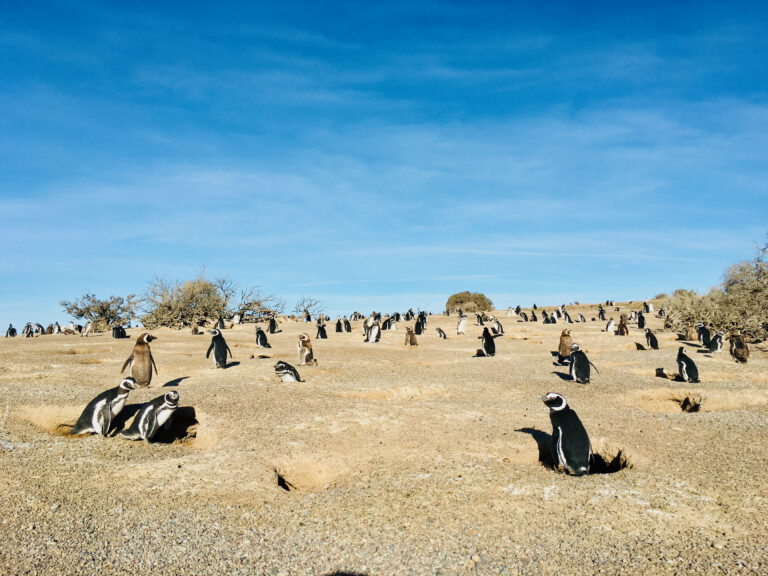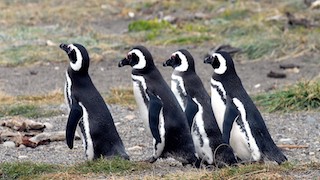Foot darkening with age in Spheniscus penguins: applications and functions
From the abstract: “We found that Spheniscus penguins have pale feet at hatching and the feet become darker with age throughout the lives of individuals. We showed that we can accurately predict the age structure of a colony of Magellanic penguins Spheniscus magellanicus, but not the ages of individual penguins, based on a sample of foot colors.” Authors: Ginger Rebstock, […]
Foot darkening with age in Spheniscus penguins: applications and functions Read More »
